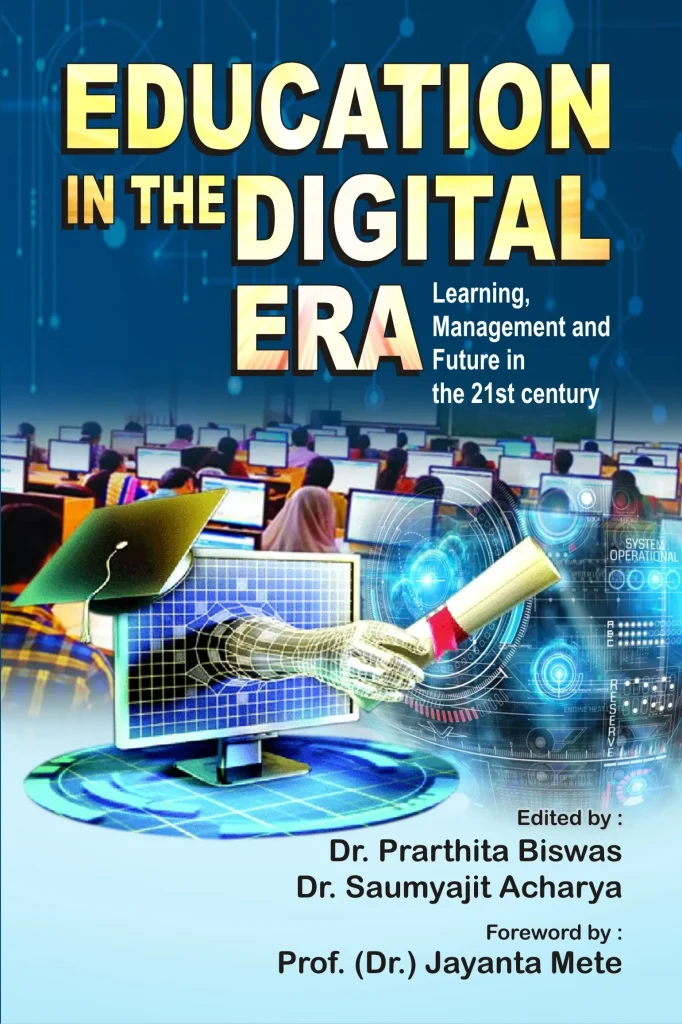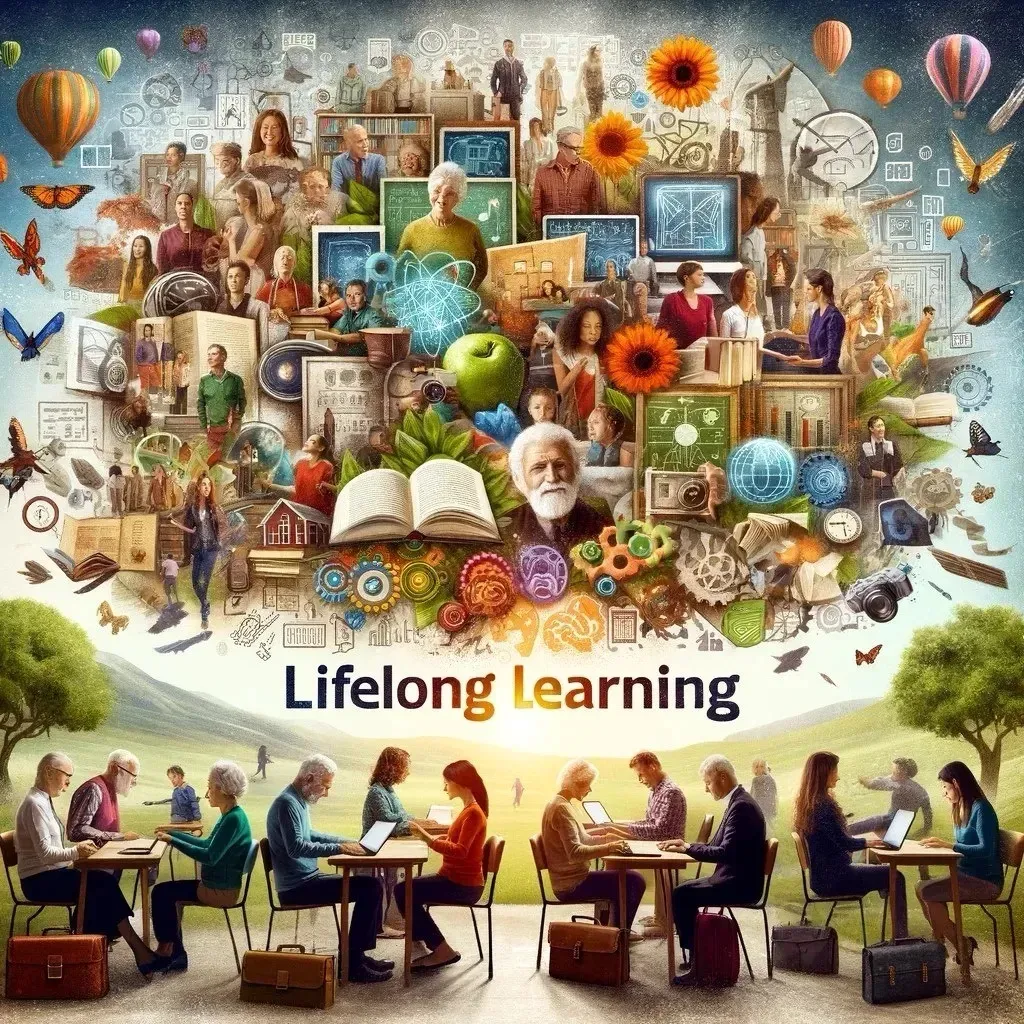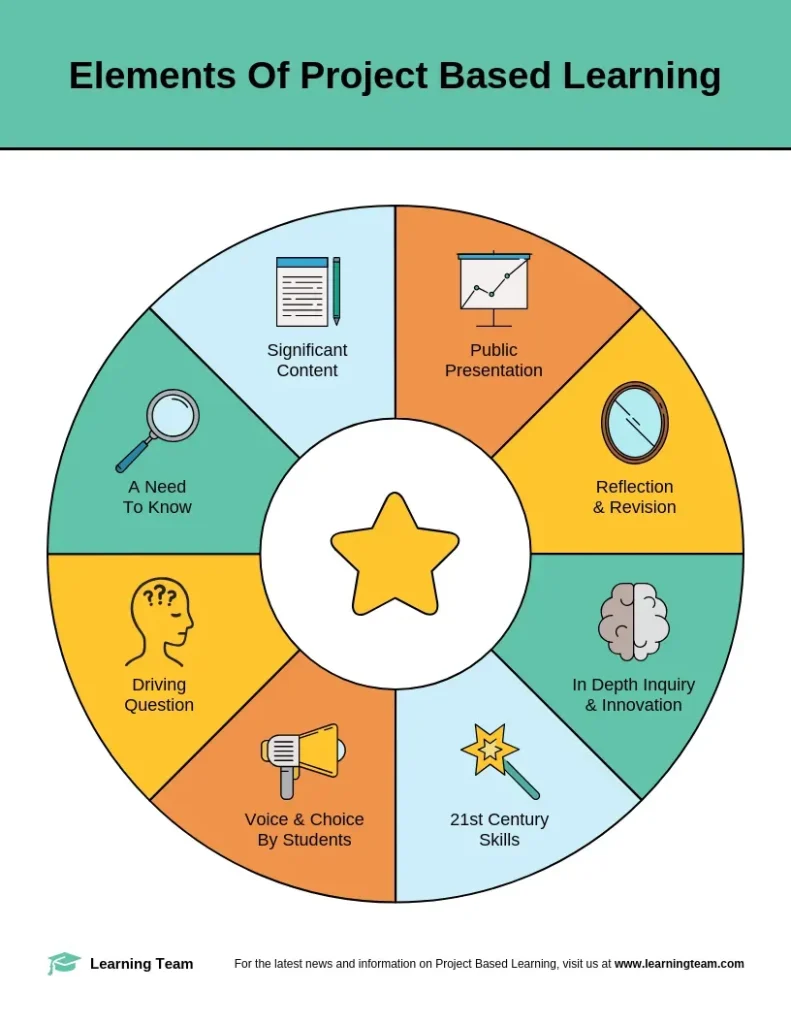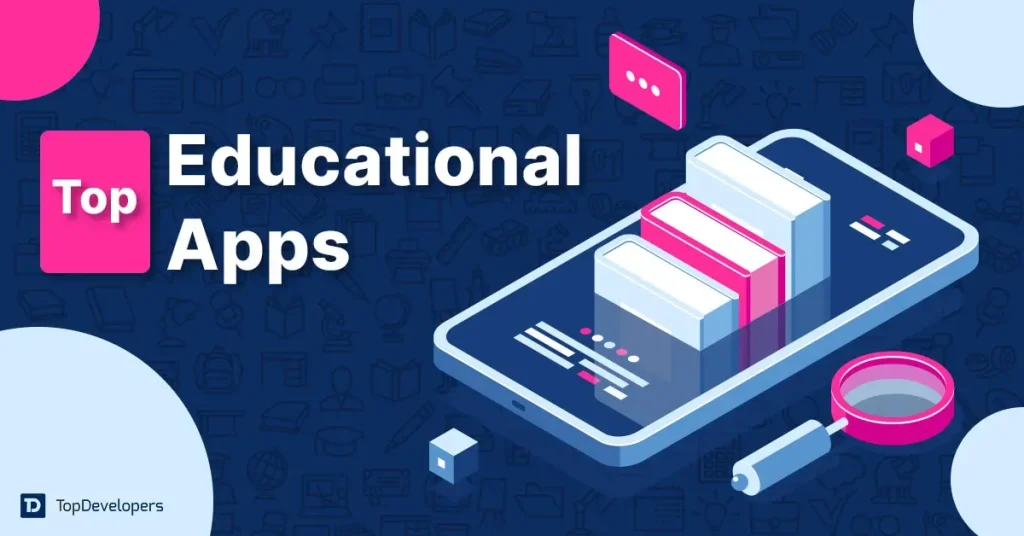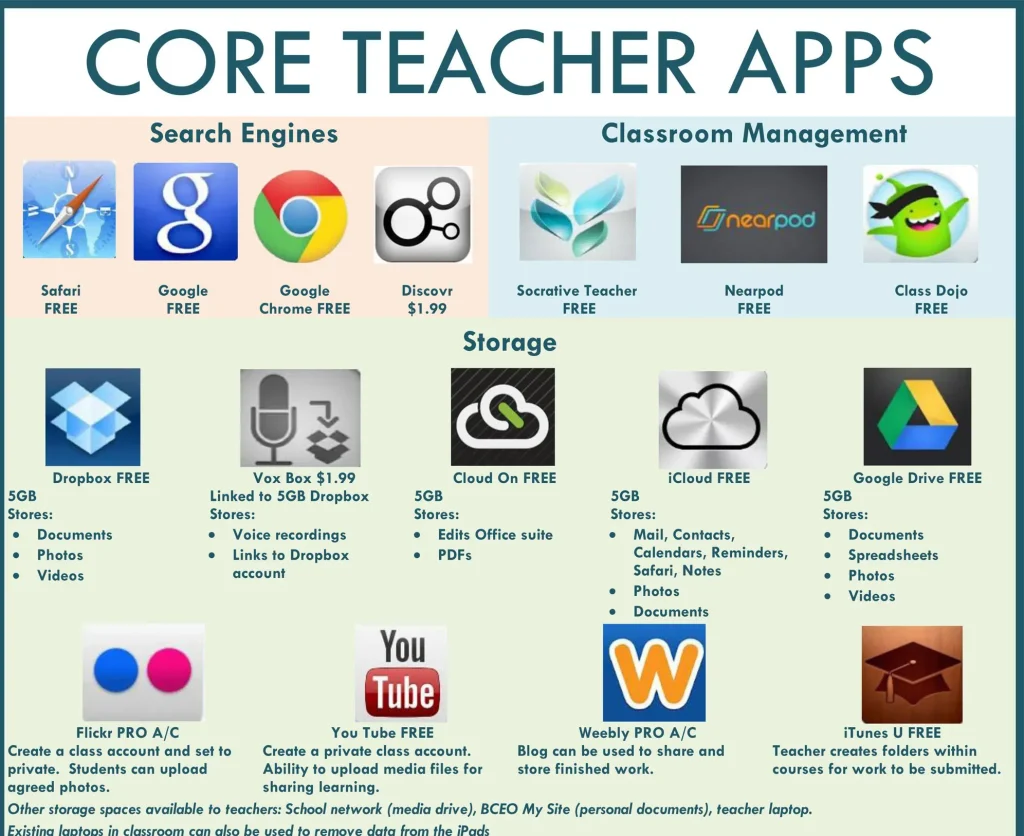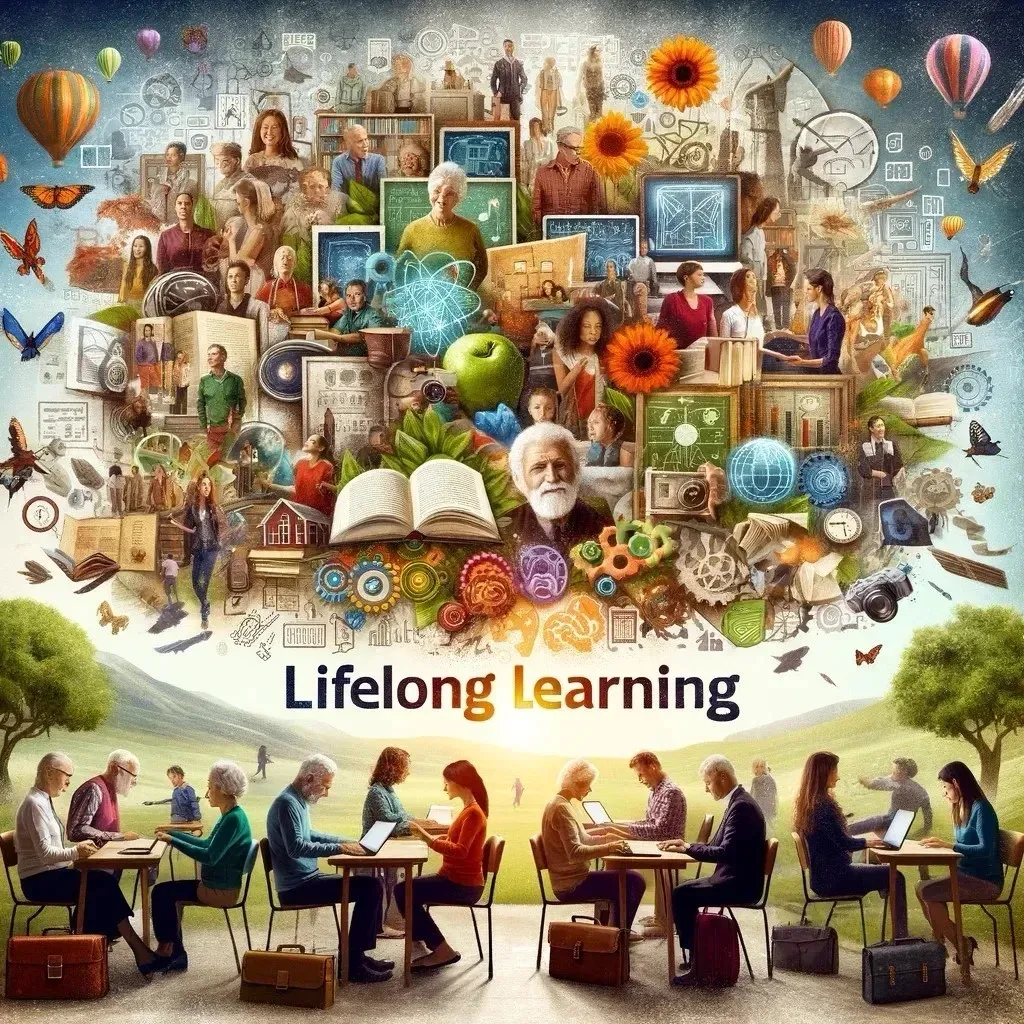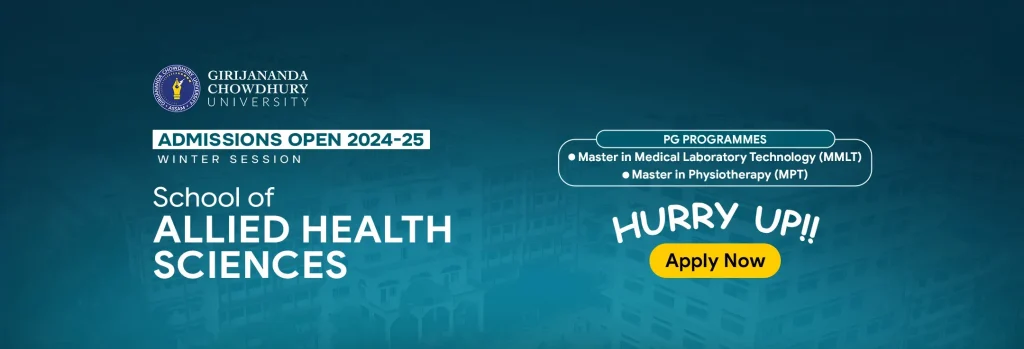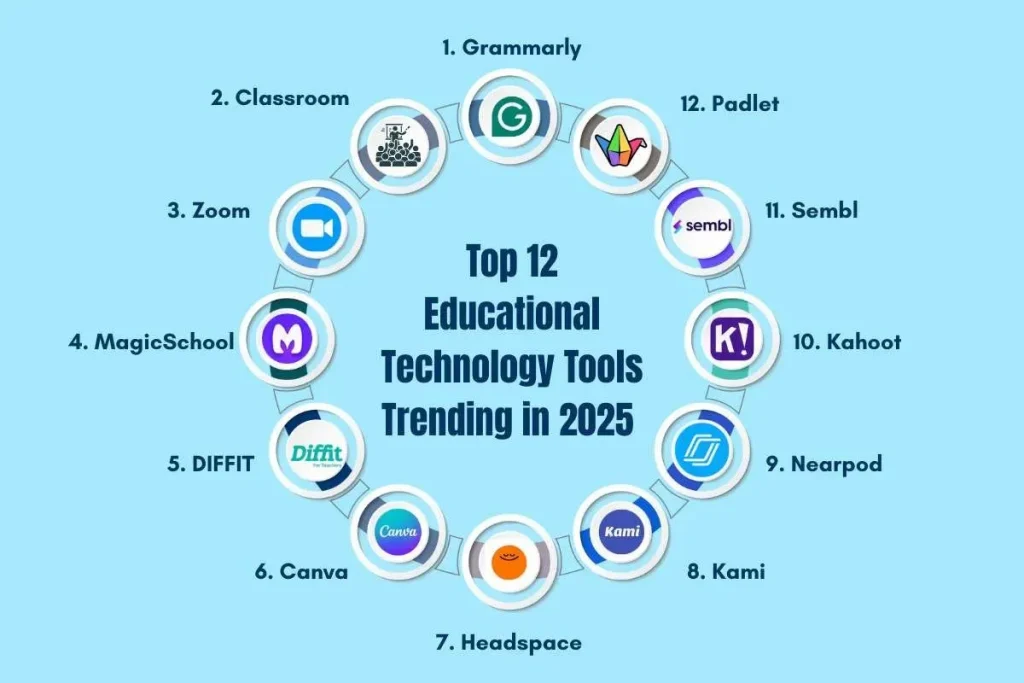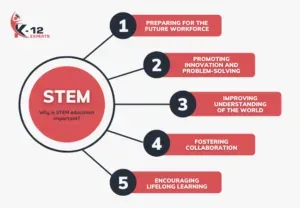
STEM education for K-12: Inspiring the next generation
STEM education for K-12 is more than a collection of courses; it embodies a learning philosophy that places curiosity at the center.It connects classroom problems to real-world challenges and informs a STEM education for K-12 curriculum that emphasizes inquiry, collaboration, and practical problem-solving.
STEM education for K-12: Inspiring the next generation Read More »


